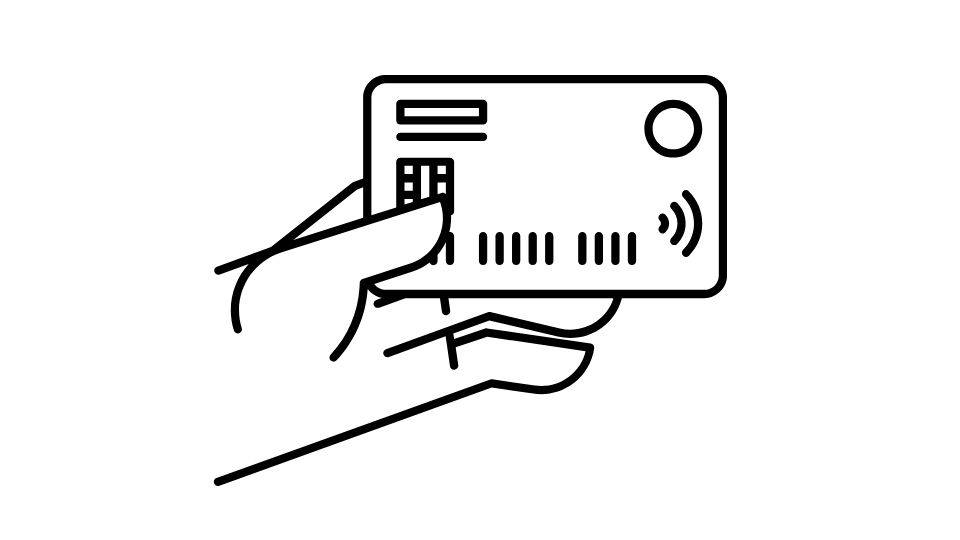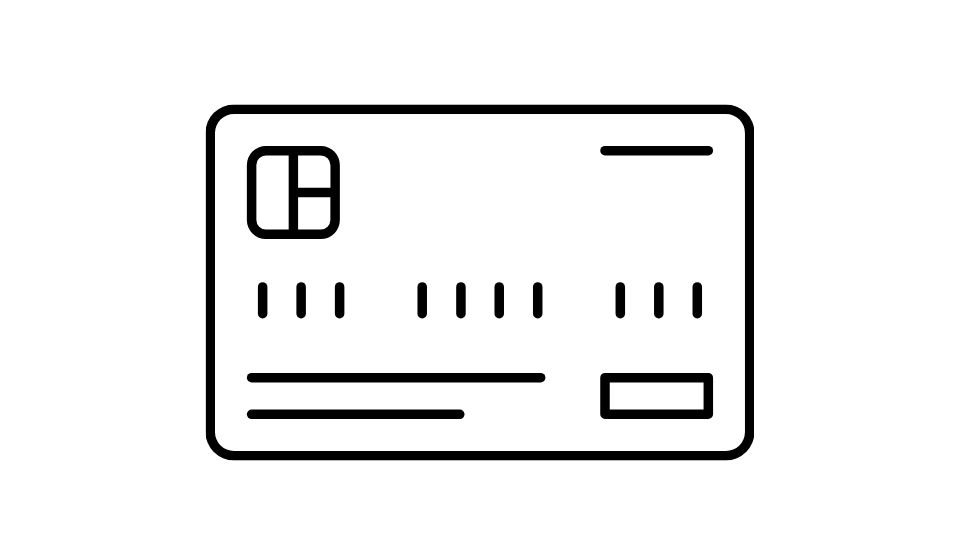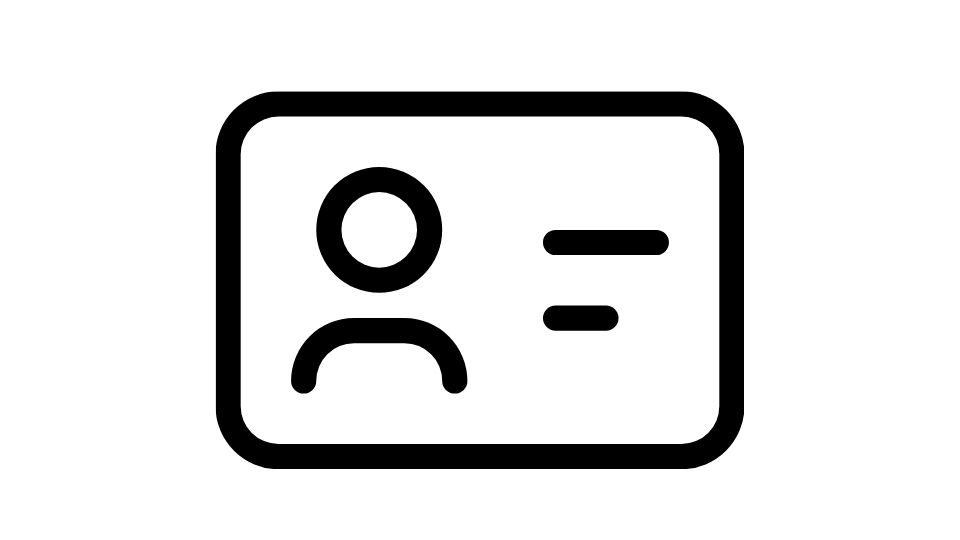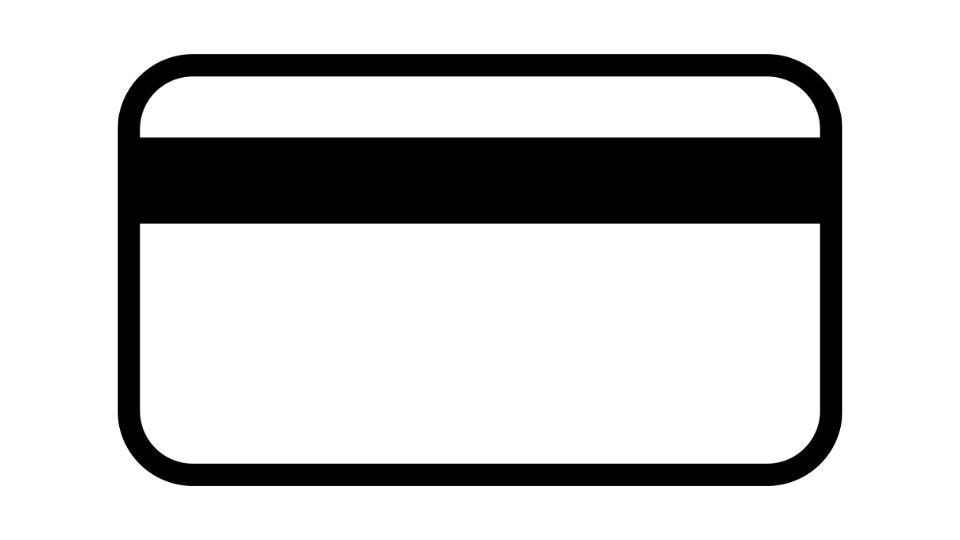Can I Withdraw Cash from My Health Equity Card?

So you’ve got a Health Equity HSA card, and you’re wondering if you can just waltz up to an ATM and withdraw cash like it’s a regular debit card?
Spoiler alert: you can’t.
But don’t worry – I’m going to break down exactly how you CAN access your HSA money, what’s allowed (and what’s not), and how to avoid those nasty tax penalties that nobody wants.
The 3 Ways to Access Your HSA Money (and Why ATMs Aren’t One of Them)
Let’s be real – HSAs are awesome. Tax-free money for healthcare? Yes please! But they come with some rules, and one big one is that you can’t directly withdraw cash from your Health Equity HSA card at an ATM.
Why? Because these cards are specifically designed to pay for qualified medical expenses only. Think of it like a Visa card with healthcare guardrails.
Option 1: Use your HSA card directly for medical expenses (the easy way)

This is the no-brainer approach. Just swipe your Health Equity card when paying for:
- Doctor visits
- Prescriptions
- Dental work
- Vision care
- Lab tests
- Many over-the-counter medications
The money comes straight out of your HSA account, and you’re good to go! No taxes, no penalties, no paperwork. This is exactly how the system was designed to work.
Your card basically says to the world: “I’m only for healthcare stuff, don’t even try me at the casino.”
Option 2: Pay out-of-pocket first, then reimburse yourself (the flexible way)
This is my personal favorite approach because it gives you the most control.
Here’s how it works:
- Pay for your medical expense using cash, credit card, or whatever
- Keep that receipt! (seriously, take a picture of it)
- Log into your Health Equity account
- Submit a “Reimburse Myself” request with the receipt
- Get money sent to your bank account or via check
The beauty of this method is that there’s no time limit on when you have to reimburse yourself. You could pay for braces today and reimburse yourself 20 years from now if you wanted to! This strategy lets your HSA funds grow tax-free for longer.
Option 3: Non-qualified withdrawals (the expensive way)

Can you take money out of your HSA for non-medical stuff? Technically, yes. Should you? Probably not.
If you withdraw HSA money for anything other than qualified medical expenses:
- The amount gets added to your taxable income
- You’ll pay a 20% penalty if you’re under 65
- Your tax advantages basically go poof
After age 65, you still pay income tax on non-medical withdrawals, but at least the 20% penalty goes away. At that point, it basically works like a traditional IRA.
As the IRS makes clear, these accounts are designed with specific tax advantages for healthcare expenses, and they’re serious about enforcing the rules.
Important HSA Details You Should Know

Your HSA is NOT a “use it or lose it” account
Unlike FSAs (Flexible Spending Accounts) that expire yearly, HSA money rolls over forever. This is huge!
Your HSA balance can grow for decades, which is why some financial experts call HSAs “the ultimate retirement account.” You can use it for healthcare costs in retirement when medical expenses typically increase.
You can invest your HSA money
Once your HSA balance hits a certain threshold (usually around $1,000-$2,000 with Health Equity), you can invest it in mutual funds and other options.
This means your healthcare dollars can actually grow over time, potentially turning your modest contributions into a significant healthcare nest egg. According to Fidelity’s research, a couple retiring at 65 may need $315,000 just for healthcare costs!
Documentation is your best friend
Keep records of everything. Save receipts for all medical expenses, even ones you don’t immediately reimburse. Digital copies work great.
Why? Because the IRS can audit HSA withdrawals, and without receipts, you could face taxes and penalties. Plus, if you’re playing the long game of letting your HSA grow while paying out of pocket, you’ll need those receipts years from now.
In Summary: Your HSA Card Options

Let me break this down one more time:
- Best option: Use your HSA card directly for medical expenses
- Smart option: Pay out-of-pocket, reimburse yourself later (great for letting your HSA grow)
- Expensive option: Take non-qualified withdrawals (taxes + 20% penalty if under 65)
- Not an option: ATM withdrawals (your card will just decline)
The bottom line? Your Health Equity HSA isn’t designed for random cash withdrawals – it’s a powerful tax-advantaged account specifically for healthcare expenses. Use it wisely, and it can be one of your most valuable financial tools.
Now go forth and make smart healthcare financial decisions!

